Thinking about navigating the complexities of a company takeover? It can be a daunting process filled with legal intricacies, but understanding the necessary steps can streamline your experience. From due diligence to drafting essential agreements, being informed is key to a successful transition. Ready to dive deeper into the essential legal procedures for a company takeover? Let's explore together!
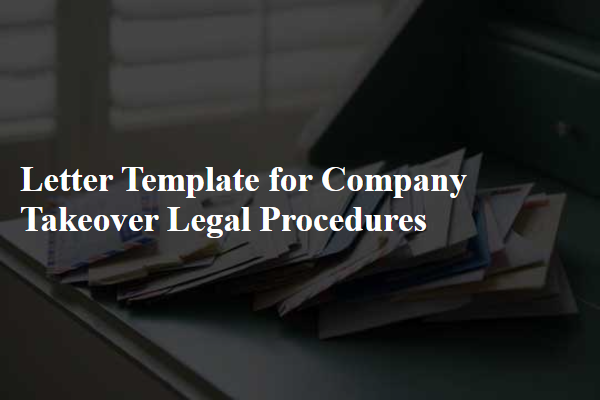
Parties Involved
A company takeover involves multiple parties, including the acquiring entity, often a larger corporation or a private equity firm, and the target company, which is the firm being acquired. Regulatory authorities such as the Securities and Exchange Commission (SEC) may be involved, particularly for publicly traded companies, ensuring compliance with federal laws. Shareholders of the target company play a critical role, as their approval is typically required for the transaction to proceed. Legal advisors from both sides, including corporate lawyers specializing in mergers and acquisitions, navigate the intricate legal landscape, drafting necessary contracts and addressing due diligence concerns. Financial institutions, such as investment banks, often facilitate the transaction by providing valuation services and funding options. Additionally, employees and management teams, while not formal parties to the transaction, are significantly impacted by the changes resulting from the takeover, influencing company culture and operational dynamics.
Transfer of Assets
The transfer of assets during a company takeover involves various legal procedures essential for ensuring a seamless transition. Critical elements include the establishment of a Transfer Agreement, outlining specific assets like real estate, equipment, and intellectual property, across diverse jurisdictions, such as the United States and the European Union. Valuation of assets must be conducted, ensuring compliance with fair market standards to determine the worth of tangible items, including factories and vehicles. Regulatory approvals are necessary, particularly from entities like the Federal Trade Commission (FTC) or European Commission, depending on competition laws in respective markets. Due diligence procedures verify rights to the assets, ensuring no liens or encumbrances exist, while tax implications, such as capital gains tax, must be assessed thoroughly. The final step involves executing the transfer through proper documentation, including Bill of Sale and Asset Assignment Agreement, ensuring proper registration with relevant governmental bodies like the Secretary of State or local land registries.
Employee Contracts
In corporate acquisitions, thorough review of employee contracts is vital for seamless integration. Each contract, whether permanent or temporary, needs assessment of terms, conditions, and obligations outlined. Key components include salary structures, benefits packages (health insurance, retirement plans), and non-compete clauses. Feedback from legal experts ensures compliance with labor laws, such as the Fair Labor Standards Act in the United States. Additionally, understanding the implications of existing collective bargaining agreements (like those governed by the National Labor Relations Act) helps mitigate risks of disputes. Clear communication with employees regarding changes and reassurances about job security builds trust, facilitating smoother transitions during the takeover process.
Compliance with Regulations
A company takeover requires adherence to extensive regulations mandated by governing bodies such as the Securities and Exchange Commission (SEC) in the United States and the Competition and Markets Authority (CMA) in the United Kingdom. The process often involves the scrutiny of the takeover bid, necessitating the submission of necessary filings which may include the Form S-4 registration statement for public companies. Additionally, compliance with antitrust laws is critical to avoid monopolistic practices, demanding a thorough analysis of market share and competitive impact. Shareholders must be informed via a prospectus detailing the financial health of the involved companies, alongside any potential risks. Legal advisors play a vital role in ensuring that all documents, including merger agreements and disclosure schedules, are meticulously drafted to satisfy jurisdictional requirements, mitigating the risk of legal disputes post-acquisition.
Confidentiality and Non-disclosure
The process of a company takeover involves various legal procedures, with confidentiality and non-disclosure agreements (NDAs) being vital components. NDAs protect sensitive information (financial records, proprietary technologies) shared between entities involved in the transaction. Typically, the NDA outlines conditions for accessing confidential materials and stipulates the duration of confidentiality obligations, often lasting several years post-acquisition. Violations of NDAs can lead to significant legal repercussions, including financial penalties (damages that can reach millions of dollars) and potential barriers to future collaborations. Furthermore, these agreements facilitate trust, enabling due diligence processes and negotiations to proceed smoothly, ultimately impacting the success of the takeover in markets such as technology (Silicon Valley) or pharmaceuticals (FDA regulations).

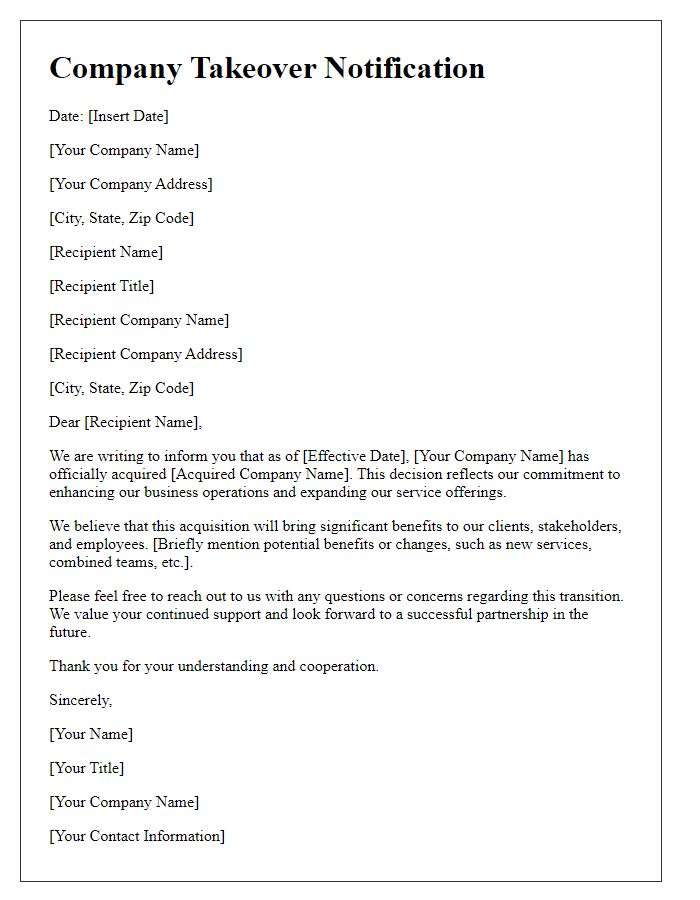

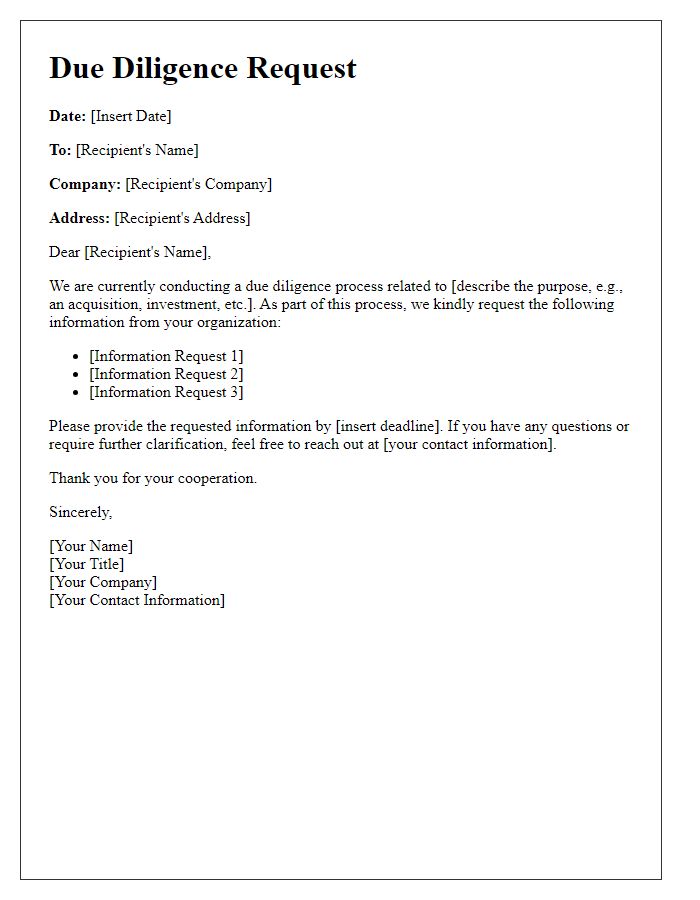
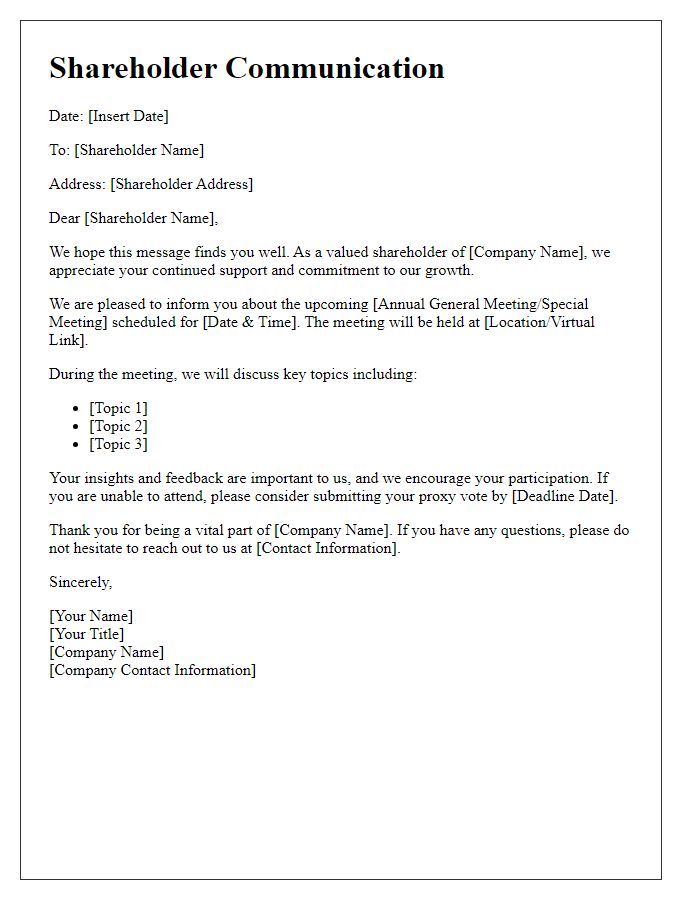
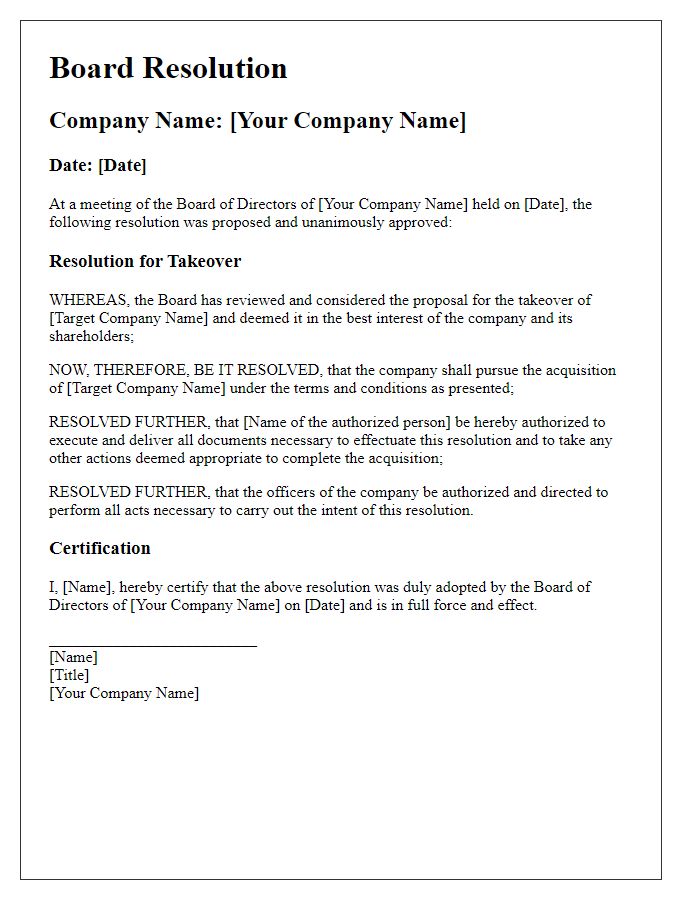
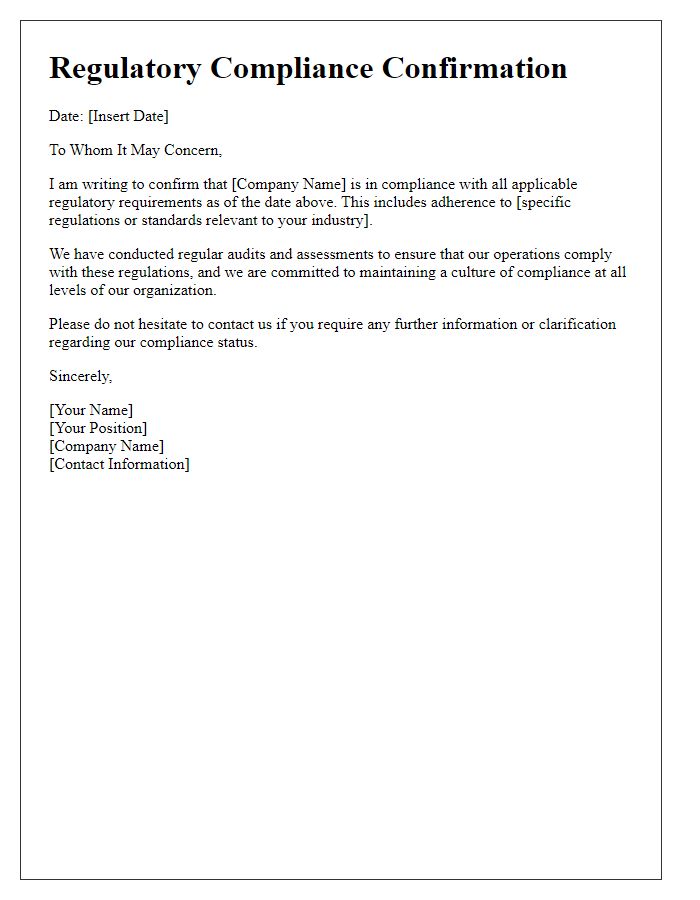
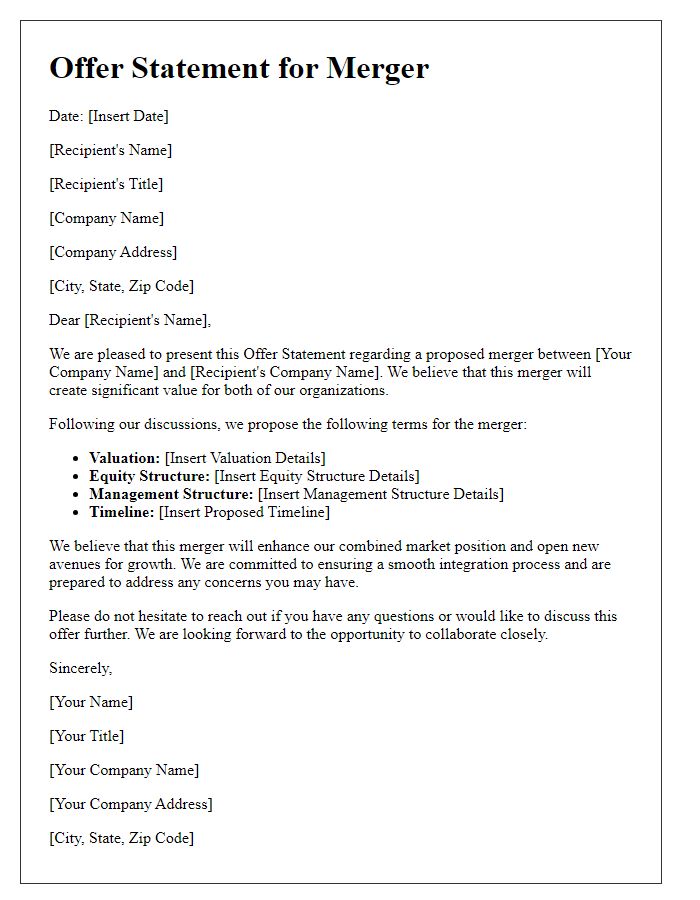
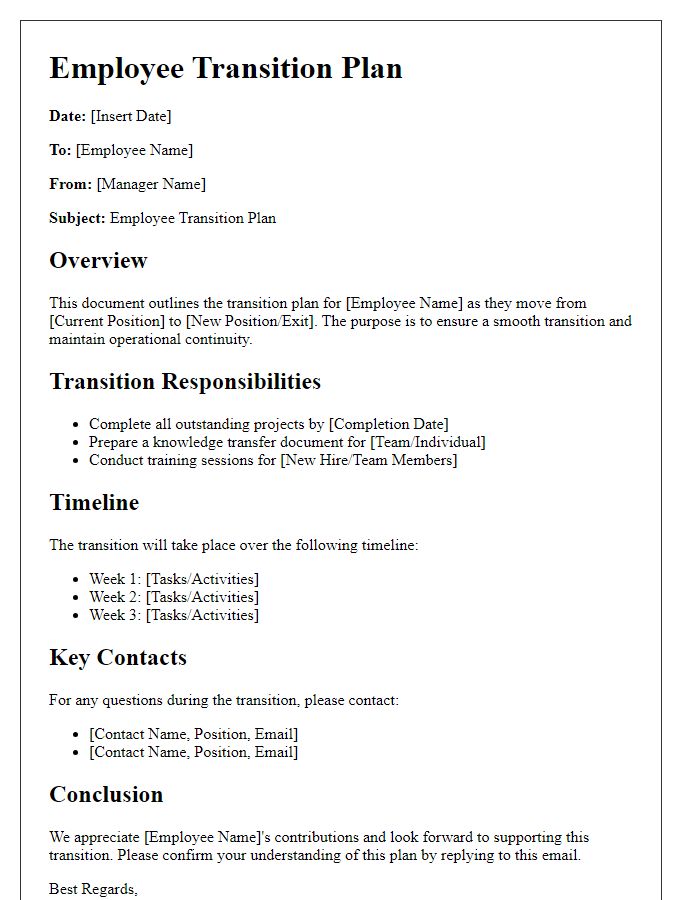
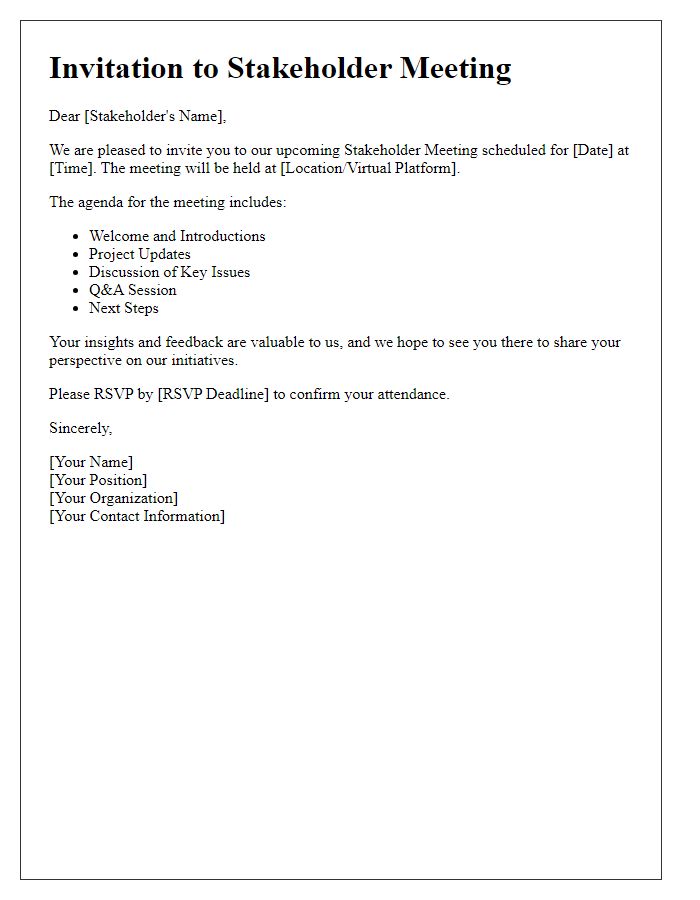
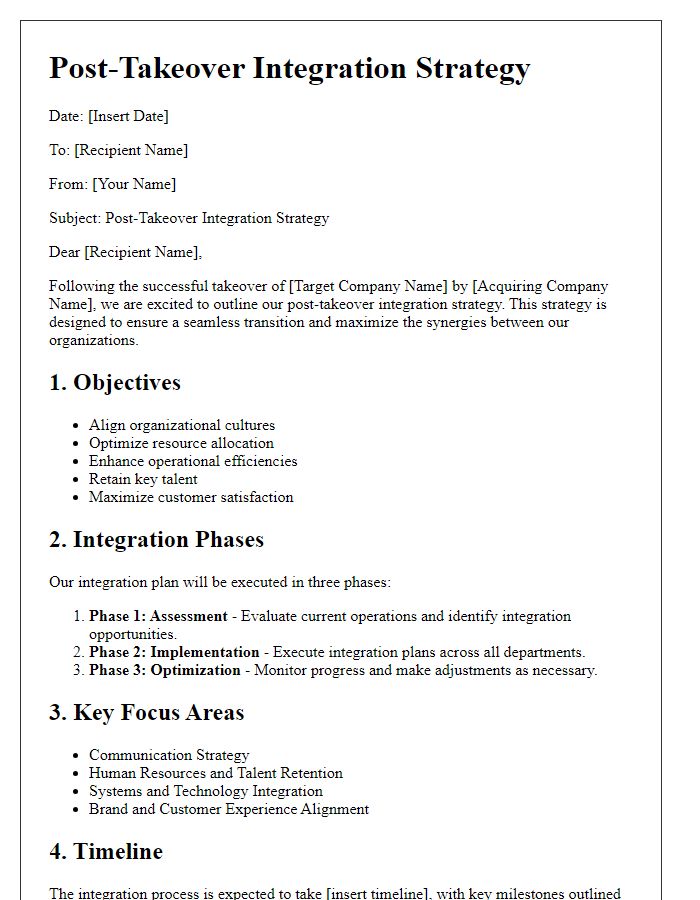


Comments